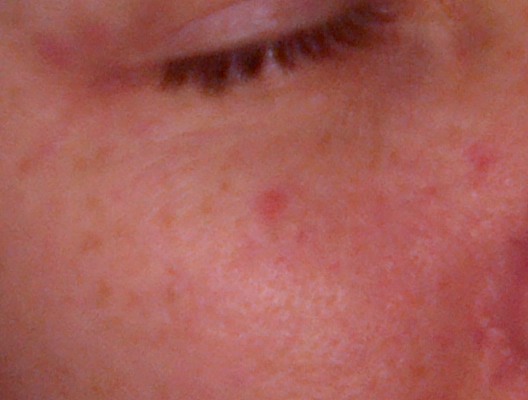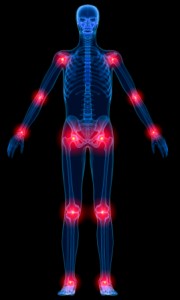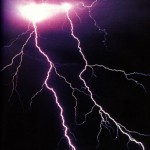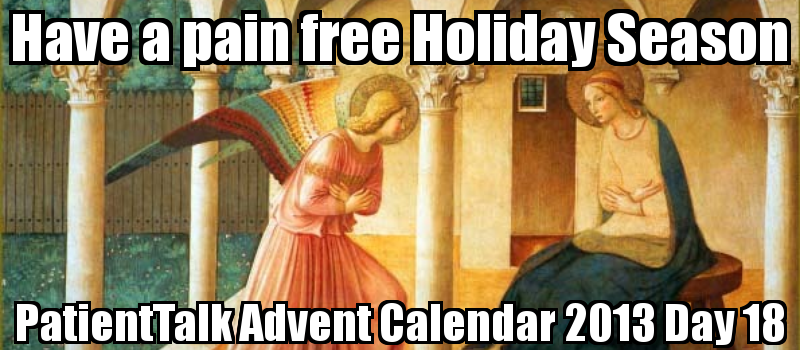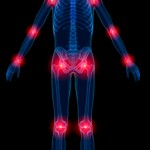A bit of an odd title for a blog I know, but sort of does what it says on the tin. On Friday afternoon I got an email from an old friend who had just been diagnosed with Trigeminal neuralgia.
I’ll be honest it was not something I knew much about apart from it being a symptom of multiple sclerosis in around 3% of cases and, of course, is one of the most painful conditions there around.
As I could not answer Jayne’s questions I thought it would be a good idea to ask our readers who have Trigeminal neuralgia a bit more about their experiences and how they manage the pain.
As background, Trigeminal neuralgia is a stabbing nerve or neuropathic pain (https://patienttalk.org/what-is-neuropathic-pain-do-you-suffer-from-nerve-pain/) which affects the face. The pain has been described as like being stabbed or an electric shock.
As well as the pain (which can last between a few seconds and a couple of minutes) people with Trigeminal neuralgia may also experience numbness prior to the pain and a dull ache during an attack. It should be noted that attacks of Trigeminal neuralgia come and go over time. Attacks may take place over a few hours but can go on for months.
The triggers really vary from cold breezes to facial movements such as chewing or even turning the head.
It is worth bearing in mind that for many people living with Trigeminal neuralgia can be very tough and in some cases can lead to depression.
Often doctors are uncertain as to what may cause Trigeminal neuralgia but in many cases it is a symptom of multiple sclerosis or a by-product of a tumour.
Current research suggests that surgery is the most effective treatment (successful in around 70% of cases) if use of painkillers has not worked as a first line treatment.
Going back to Jayne’s questions, she is interested in finding out the answers to the following questions:-
1)Please can you describe a typical Trigeminal neuralgia attack both in the short and long term?
2)How frequent are your attacks and how long do they typically last?
3)How firm was the diagnosis and who made the diagnosis of Trigeminal neuralgia?
4)Which type of Trigeminal neuralgia do you have? What was the cause of your Trigeminal neuralgia?
5)How do you treat your Trigeminal neuralgia and how successful have the treatments been?
Obviously any part of your Trigeminal neuralgia journey will be really useful for Jayne so it would be great if you could share your experience using the comments box below.
Many thanks from Jayne and me.
